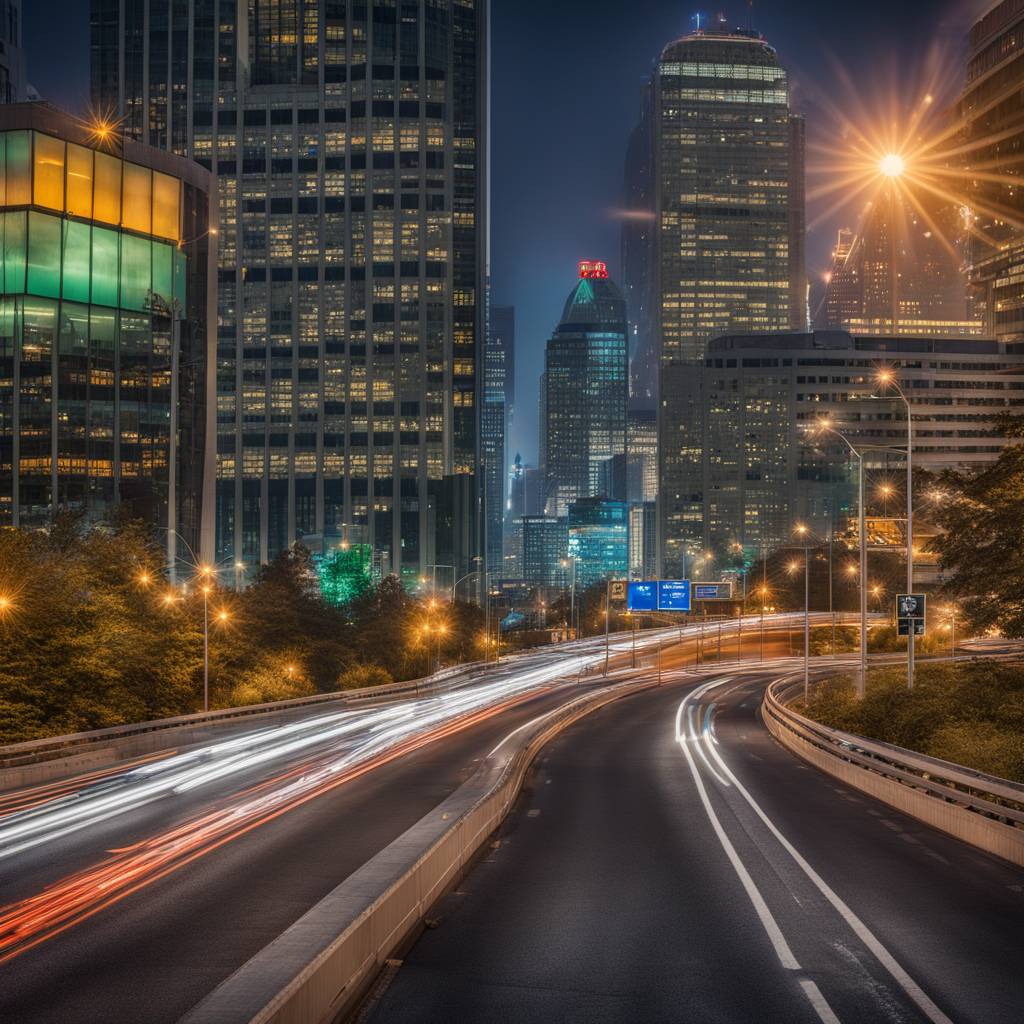The battle over New York’s $15 congestion toll is intensifying as New Jersey is seeking to block the measure through a federal lawsuit. Lawyers from New Jersey will be facing off against attorneys for the US Department of Transportation, the Federal Highway Administration, and the MTA in a Newark courtroom to challenge the impact of the toll on Jersey drivers and the sufficiency of the review process. If the federal government prevails in having the lawsuit dismissed, the toll will be one step closer to implementation, despite numerous other legal challenges in both states.
According to a report by Politico, there are currently four other lawsuits in New Jersey and New York seeking to block congestion pricing. The MTA’s board recently voted to approve a plan that would charge drivers $15 to enter Midtown Manhattan below 60th Street, with higher tolls for trucks. Advocates of the policy argue that it will reduce pollution, alleviate peak-day congestion, and generate funding for improving public transit infrastructure, making it the first of its kind in the country.
New Jersey Governor Phil Murphy filed the lawsuit against the federal government in July, arguing that the plan unfairly targets residents of his state. Federal Judge Leo Gordon will preside over this week’s hearings, focusing on the allegation that the FHA inappropriately approved the MTA’s finding that congestion pricing would not have a significant impact on the environment. New Jersey is requesting that the court rule against the approval of the MTA’s report and mandate further studies be conducted before the toll can be implemented.
The judge will need to make a decision before June, when the toll is scheduled to take effect. Similar to the New Jersey case, other legal challenges contend that an insufficient review was conducted regarding the potential environmental effects of redirecting traffic to other areas. In one case, a teachers union and the Staten Island borough president claimed that city workers would disproportionately bear the burden of the tolls. Other lawsuits allege that the congestion pricing plan could worsen pollution by creating new traffic patterns that would lead to bottlenecks in certain Manhattan areas.
As the legal battle over New York’s congestion toll unfolds, the fate of the controversial policy remains uncertain. With multiple lawsuits seeking to block its implementation in both New Jersey and New York, the courtroom showdown between state attorneys and federal authorities will determine whether the toll will proceed. Proponents of the plan emphasize its benefits in reducing pollution, easing congestion, and raising revenue for public transit improvements, while opponents raise concerns about the toll’s impact on drivers, city workers, and the environment. As the hearings progress and the June implementation deadline approaches, the outcome of this legal skirmish will shape the future of transportation policy in the region.













